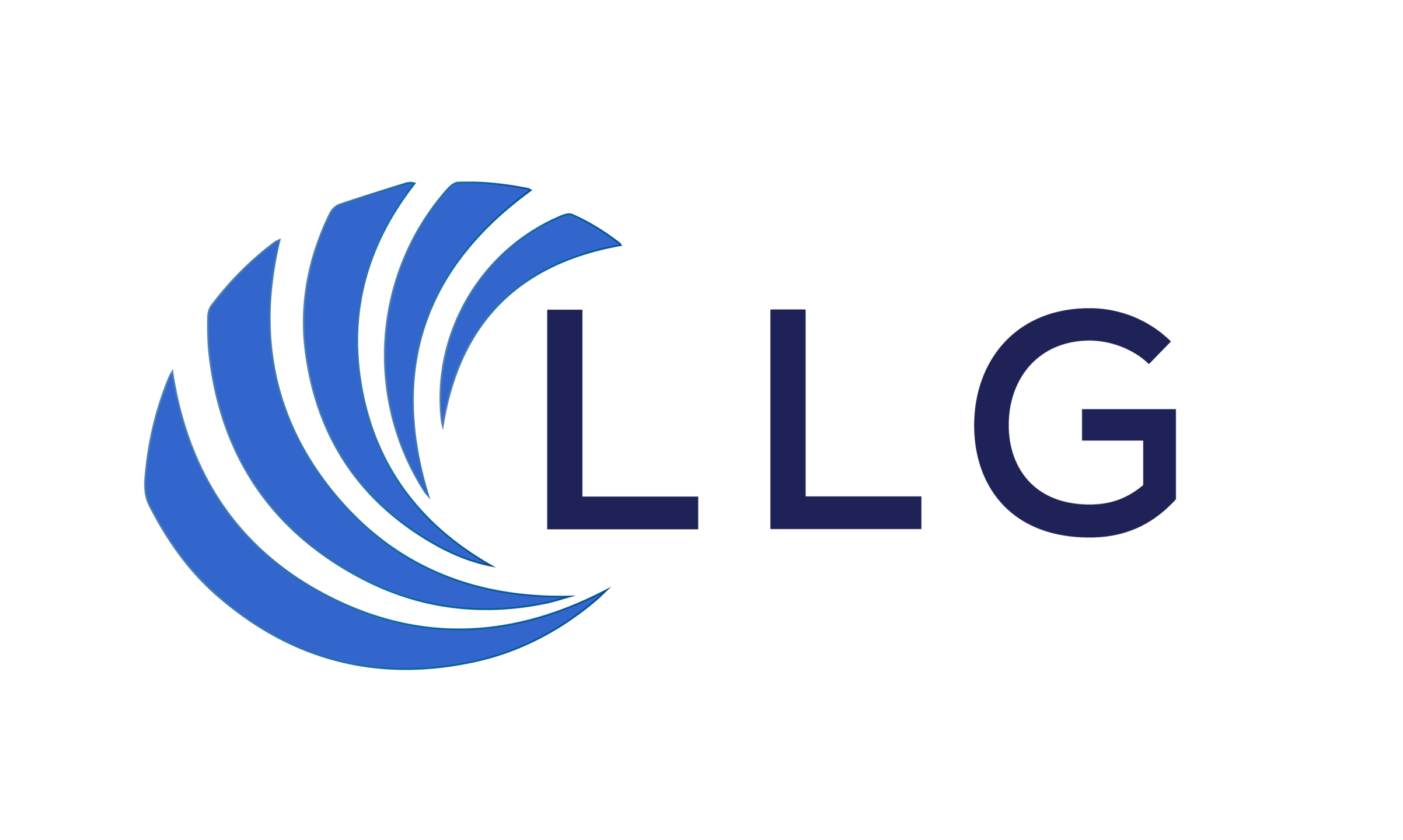It is not uncommon for people to complain about their insurance company. No one likes paying premiums and rarely does anyone enjoy having to make a claim. However, property insurance policies are products that most, if not all, homeowners and renters have. The following are some commonly asked questions and some simple recommendations.
-
As a Property Owner or Renter What Types of Insurance Should I Have?
All homeowners and renters should carry property and liability insurance. These policies typically provide similar coverages. Homeowners policies provide coverage for the actual structure or residence, the personal property in the residence, and for additional living expenses which may be incurred if a loss takes place. Such expenses can include the rental for an alternative residence, emergency meals, etc. Renters policies provide the same types of coverage except coverage for the actual building. Finally, owners of condominiums should also procure property insurance. Condominium policies obtained by unit owners typically provide coverage for their personal property, additional living expenses, and improvements and betterments contained within their own individual units.
Homeowners, condominium owners, and renters policies also typically provide liability coverage which protects an insured if a claim or suit is filed against the insured. This coverage provides both for an attorney to defend the insured and for payment of any judgment or settlement up the amounts of the policy limit.
-
What Makes for a Good Insurer?
Premium value is always a concern. However, it is better to spend the money to have the right insurer and coverage’s. Although you may want to shop your insurance premium, find out from your agent or broker what you are actually getting for your money. When it comes to customer service, local insurers are going to typically provide better service. It is better to have a claims agent in your neighborhood or community as opposed to a remote agent who does not understand the Northwest. It is always better to have an insurance claims department that actually has a physical presence in Seattle.
-
How Much Insurance is Enough?
It is best to be fully covered than to save a few dollars on premiums. For example, it is important that you properly assess the value of your personal property. It is even more important to understand that the construction costs for repairing your home may be significantly more than you imagine. Given the construction boom in the Northwest, construction prices have gone up dramatically. Your own insurance company may not even recognize this.
Finally, we live in a litigious world. The value of claims against individuals have skyrocketed. Carrying a $100,000 liability policy limit may seem like a sufficient amount. However, if you are sued for traumatic injury you may find that such a limit is not enough.
-
Is Excess Coverage a Good Idea?
Umbrella, or excess, coverage provides liability coverages over the amount stated in your primary policy. Given the exposures present in the current world, it is always a good idea to make sure you have excess or umbrella coverage providing additional protection.
-
Are There Particular Types of Property Coverage that Insureds Should Have?
There are a number of types of property coverages that an insured should make sure they have. These include Guaranteed Replacement Cost Coverage. This coverage usually provides additional limits to an insured when they repair their residence following a loss. Another example involves building code or upgrade coverage. This provides additional coverage if a building department requires modifications to be made to your home or residence. Finally, if you have particular contents items that are high in value, you should consider scheduling the personal property and obtaining additional coverage. For example, most property policies have limitations on jewelry and antiques. For a small amount you can obtain additional insurance for these items.
-
Is Earthquake Coverage a Good Idea?
Seattle has not suffered a major earthquake since February 28, 2001. However, there is always the potential that an earthquake could happen at any time. Earthquake coverage is more applicable to homeowners as opposed to renters or condominium owners. Depending on the age of your home and type of construction, earthquake insurance may be a valuable thing to have. However, make sure that you are getting the right type of coverage. For example, many earthquake policies have limits on how much will be paid out, have high deductibles, etc.
-
What Do I Do If I Have a Claim?
One of the most important things to do if you suffer a loss is to report the loss promptly. Thereafter, cooperate with the agent and claims representative to make sure the claim is processed in a timely fashion.
-
What Happens if My Insurance Company Does Not Properly Respond to My Claim?

